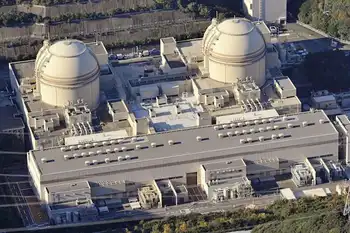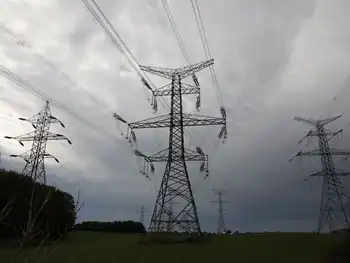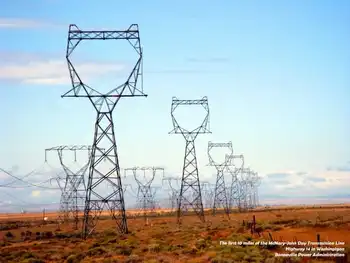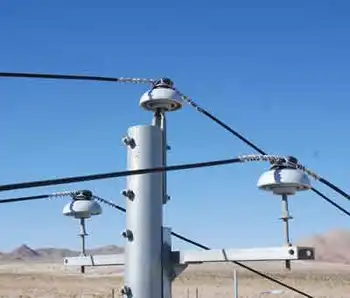NSP going ahead with biomass
PORT HAWKESBURY, NOVA SCOTIA - Nova Scotia Power NSP and the NewPage paper company in Port Hawkesbury announced that they are going ahead with their plan to generate electricity by burning wood.
The biomass project was approved last month by the Nova Scotia Utility and Review Board, and the plant is expected to be up and running by early 2013.
The $208 million project is expected to create about 150 new jobs in northern Nova Scotia, primarily in the forestry sector.
NSP said it plans to burn wood waste - things such as bark, chips, and scrub logs - at the plant in Port Hawkesbury.
Newpage said the project will make the company a model of sustainability.
But Raymond Plourde, wilderness coordinator with the Ecology Action Centre, said the plan will lead to more clear-cutting.
"There's going to be a focus on hardwoods where the focus has traditionally been on soft woods," Plourde said. "If you drive around the Cabot Trail, and places like that, and look up at those beautiful hardwood hills, well, that's now fuel."
Natural Resources Minister John McDonell disagrees.
"To just purely associate the fact that you're going to cut more trees, and that would mean that it's going to be clearcutting, is not necessarily a reasonable association," he said.
The Ecology Action Centre wants the government to halt the deal, or at the very least monitor the Newpage project before it allows more companies to clearcut in the province.
The government said it will have more to say about limits on clearcutting soon.
The UARB said NSP can proceed with its 40-year plan, but any cost overruns during the construction phase must be borne by the utility's shareholders, not by ratepayers.
The project could produce about three per cent of the province's total electricity, or enough to supply 50,000 homes.
Related News

KHNP is being considered for Bulgarian Nuclear Power Plant Project
SEOUL - Korea Hydro & Nuclear Power (KHNP) has been selected as one of the three strategic investor candidates for a Bulgarian nuclear power plant project.
The Bulgarian Energy Ministry selected KHNP of Korea, RosAtom of Russia and CNNC of China as strategic investor candidates for the construction of the Belene Nuclear Power Plant, KHNP said on Dec. 20. The Belene Nuclear Power Plant is the second nuclear power plant that Bulgaria plans to build following the 2,000-megawatt Kozloduy Nuclear Power Plant built in 1991 during the Soviet Union era. The project budget is estimated at 10 billion euros.
By being included…




